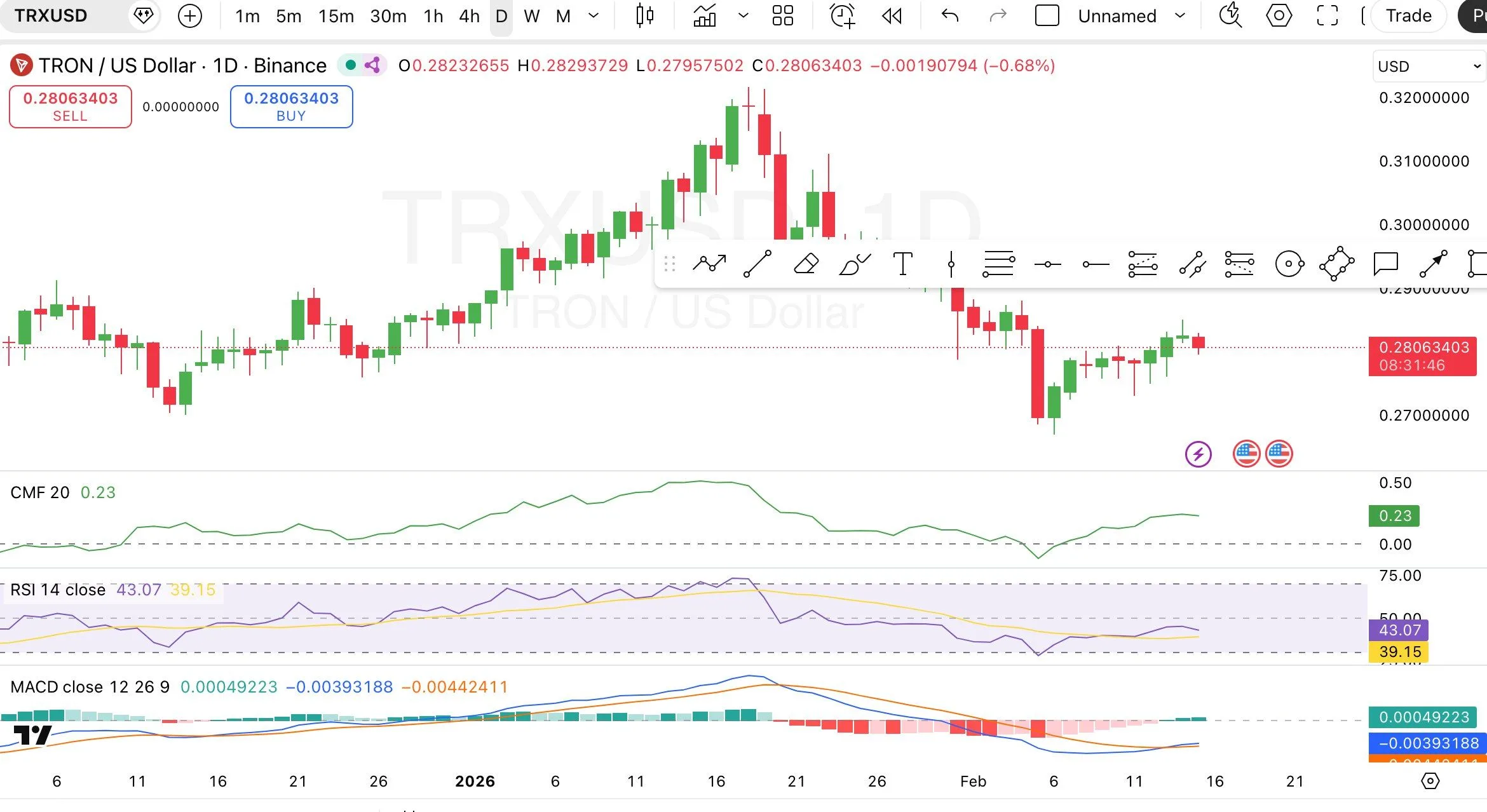North Korea's Digital Trojan Horse: Crypto Firms Infiltrated to Fund Nuclear Ambitions
- A U.S. intelligence officer warns North Korea has infiltrated 15-20% of global crypto firms to fund nuclear programs, exploiting remote workers in developing nations as intermediaries. - Pyongyang operatives use 20% earnings-sharing schemes to recruit freelancers on platforms like Upwork , installing malware to access U.S. infrastructure while evading sanctions. - The U.S. Treasury reports $3B stolen in crypto over three years, with North Korea leveraging stolen IP and embedded workers to maintain long-t
An intelligence officer from SEAL Team has disclosed that North Korean operatives have penetrated between 15% and 20% of cryptocurrency companies worldwide, a rate significantly exceeding earlier assumptions. This revelation, shared by Pablo Sabbatella, the founder of Web3 security firm opsek and a member of the Security Alliance, highlights the escalating danger posed by North Korea’s cyber-espionage activities. Sabbatella
Their methods are highly advanced. Due to global sanctions, North Korean hackers cannot apply for jobs directly, so they
The financial impact is substantial. The U.S. Treasury
Sabbatella pointed out the sector’s susceptibility, noting that many crypto founders have weak operational security (OPSEC). “Most are fully doxxed, fail to protect private keys adequately, and are easy targets for social engineering,” he stated
These disclosures come as tensions on the Korean Peninsula intensify. North Korea recently
South Korea’s newly elected President, Lee Jae Myung, is confronted with the dual task of pursuing diplomatic engagement with Pyongyang while advancing military upgrades. Although he has halted anti-North broadcasts and reopened communication lines,

The wider geopolitical environment is evolving. North Korea’s partnerships with Russia and China, which include a mutual defense agreement and troop deployments to Ukraine,
As the cryptocurrency industry contends with North Korean infiltration, these events underscore the complex links between cybercrime, international politics, and economic conflict. For South Korea, the challenge lies in balancing deterrence with dialogue, all while protecting its technological and financial systems from threats posed by both state actors and independent groups.
Disclaimer: The content of this article solely reflects the author's opinion and does not represent the platform in any capacity. This article is not intended to serve as a reference for making investment decisions.
You may also like
Justin Sun Expands TRX Treasury to 681M Tokens, TRON Price Rally?

Third of employers plan to reduce recruitment due to Labour’s proposed changes to workers’ rights

2 Stocks to Hold for the Next 5 Years
Ripple Case Returns to Headlines as Emails Criticize SEC